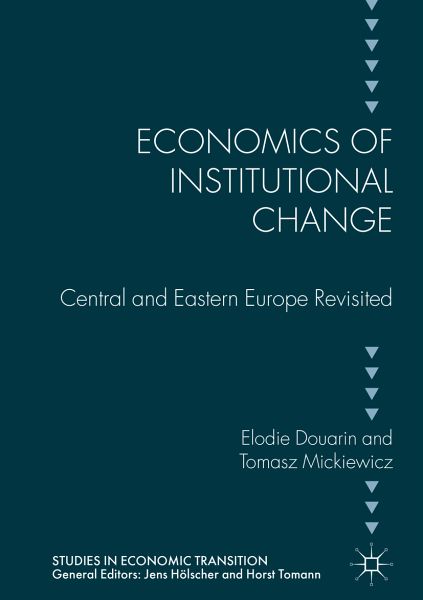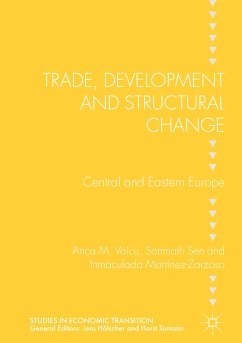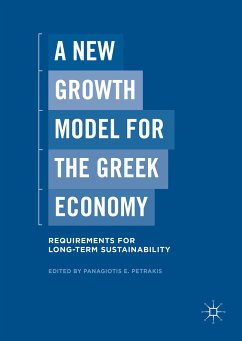
Economics of Institutional Change (eBook, PDF)
Central and Eastern Europe Revisited
Versandkostenfrei!
Sofort per Download lieferbar
74,95 €
inkl. MwSt.
Weitere Ausgaben:

PAYBACK Punkte
37 °P sammeln!
Presents a completely updated evaluation of the process of institutional change
Draws on recent findings to support new and existing content
Focuses on the important and transitioning region of Central and Eastern Europe
Dieser Download kann aus rechtlichen Gründen nur mit Rechnungsadresse in A, B, BG, CY, CZ, D, DK, EW, E, FIN, F, GR, HR, H, IRL, I, LT, L, LR, M, NL, PL, P, R, S, SLO, SK ausgeliefert werden.












